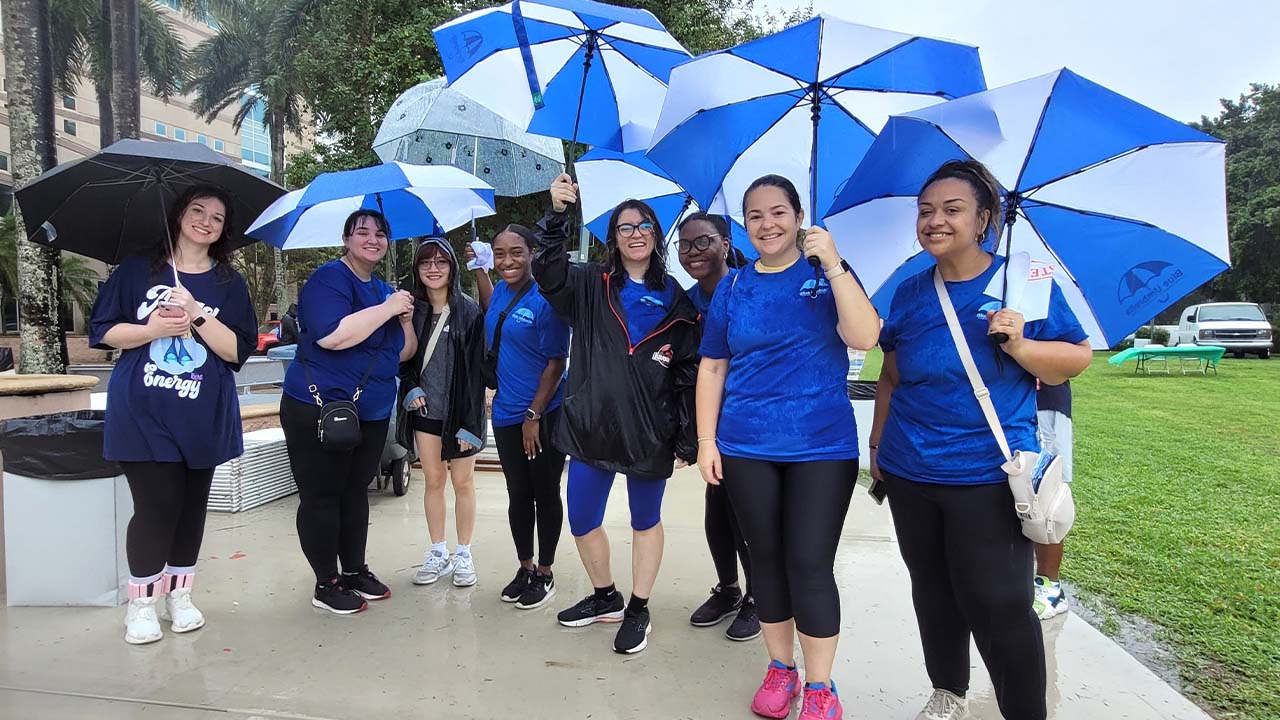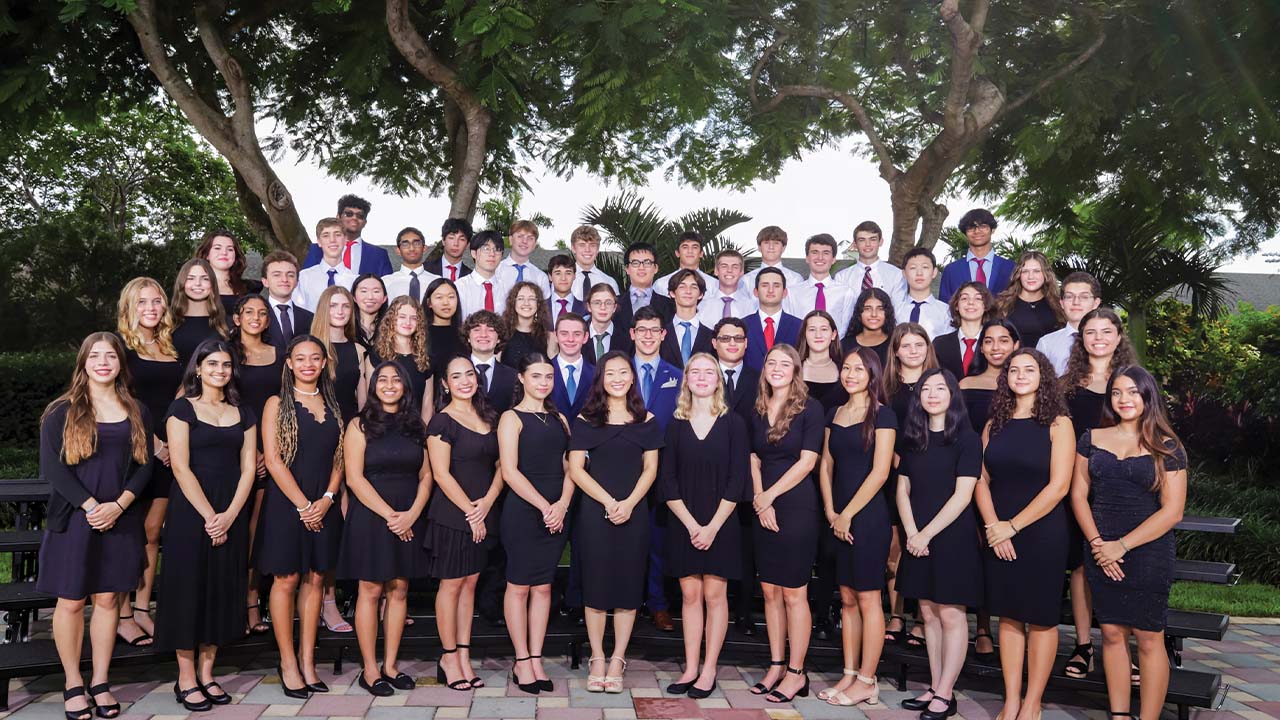With the passage of the Dorothy L. Hukill Financial Literacy Act, which will require high school students to take a financial literacy course to receive a standard high school diploma, we asked CPA/JD Stuart Rohatiner—a partner at Gerson, Preston, Klein, Lips, Eisenberg & Gelber, P.A.—what will be on the test?
Rohatiner: The key to successfully implementing the new financial literacy programing in schools, is to ensure the course materials are relevant to the various communities the students represent. With that being said, the classes can go in many directions to best fit each need, with various sub-classes offered to provide students the opportunity to learn more of specific topics where needed.
For students to pass the financial literacy course they will need to understand basic personal finance vocabulary and application (What is a bank account? What is income? What are investments? What is equity? What is debt? What is the stock market?). They will learn about contracts and the real-life application of those contracts such as loan agreements (What are the benefits of mortgages versus renting a home and buying versus leasing a car? How do you obtain a college scholarship and apply for aid through FASFA?).
A large part of the program will be focused on how to build a budget and how to create a healthy relationship with money. Given that finances are a major stress factor for young people and families starting out, the more knowledgeable the individuals are, the easier it is to make smart financial decisions for their future. Students will need to understand how to manage their paycheck (How much of your income should be spent on groceries? On your car? On insurance and/or medical costs, clothing, and entertainment?) and to understand and answer questions related to U.S. income taxes (How does the US income tax system work? Why is it important for the U.S. government to collect taxes? How do taxes affect your personal budget?). In addition, the curriculum will include materials related to credit scores and debt (What is a credit card? How do you positively impact your credit score? What is debt? What are the pros and cons of leverage?).
Students have aspirations to be business owners and entrepreneurs but need the technical financial foundation to follow those dreams. The financial literacy programs will teach them how to save, both for now and for the future, and how to build wealth over time (What percentage of income earned should be put aside regularly? At what age should you start planning for retirement?). In addition, these classes will give them perspective on the global economy and insight into international trade, allowing them to learn the skills needed to build and grow a business in the future (What are financial statements? How do you create a business plan? What are fixed costs, breakeven costs, and variable costs?).
Additionally, educators will show the real-life application of these lessons through interactive stock market model games, role-play activities that reflect how to meet with a loan officer to secure financing, and meeting with an investment advisor to set up a portfolio. Other assignments would include reading books that teach finance, entrepreneurism and other finance/life skills. They will learn the role of an accountant in modern society and the benefits of accounting software such as QuickBooks in day-to-day business. Enacting financial literacy education throughout our schools will also give student the opportunity to have a mentor assist them in learning how to manage money.
















